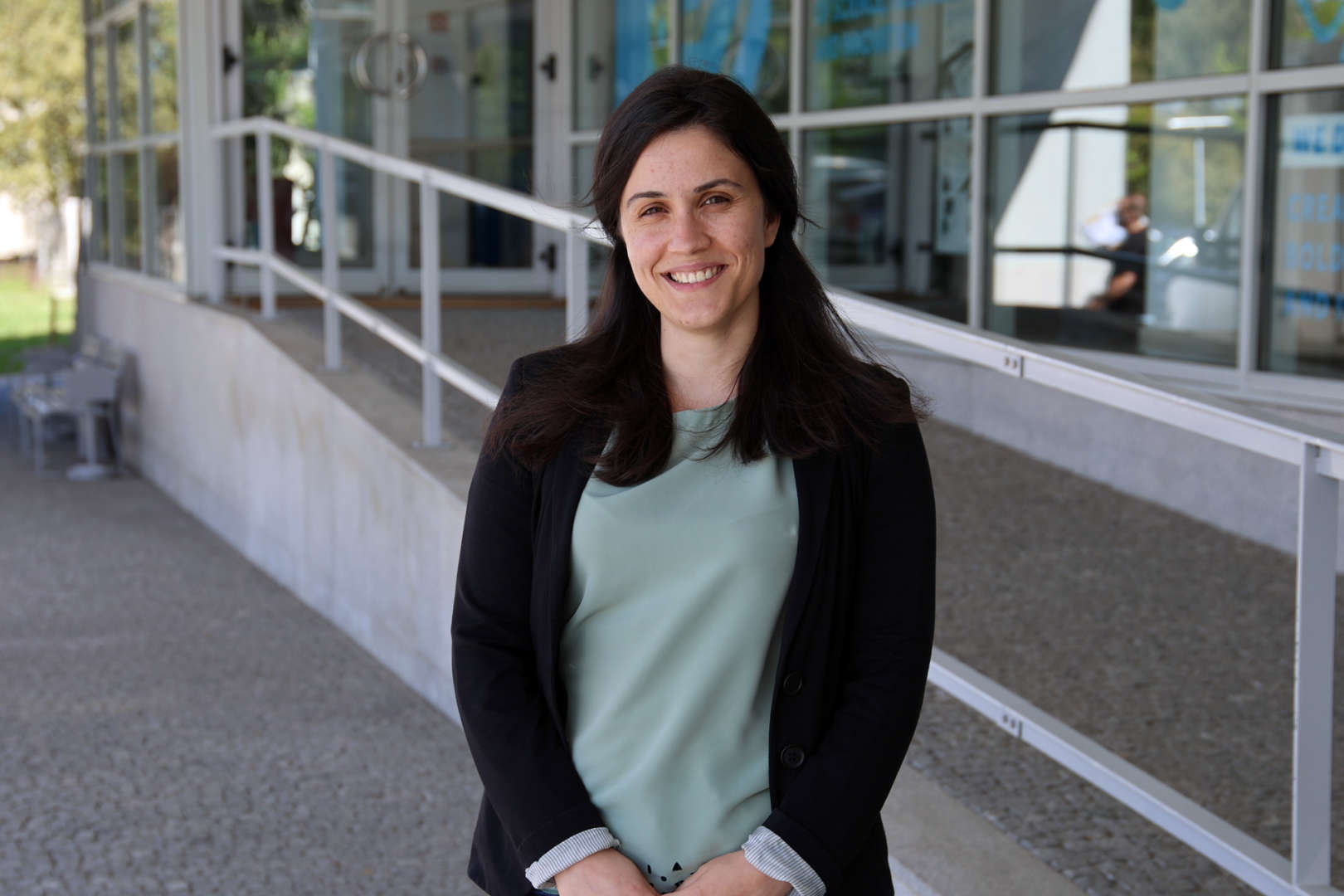Sobre
Professora Adjunta da Escola Superior de Tecnologia e Gestão do Politécnico do Porto e investigadora do INESC TEC. Concluiu o seu doutoramento em 2018 na Faculdade de Engenharia da Universidade do Porto, com o título de Doutoramento Europeu. As suas principais áreas de atividade científica são a Investigação Operacional. Colaborou em 8 projectos de I&D. Os seus actuais interesses de investigação são: 1) Desperdício Alimentar; 2) Logística Colaborativa; 3) Cadeias de Abastecimento Sustentáveis; 4) Distribuição; 5) Operações de Retalho.


